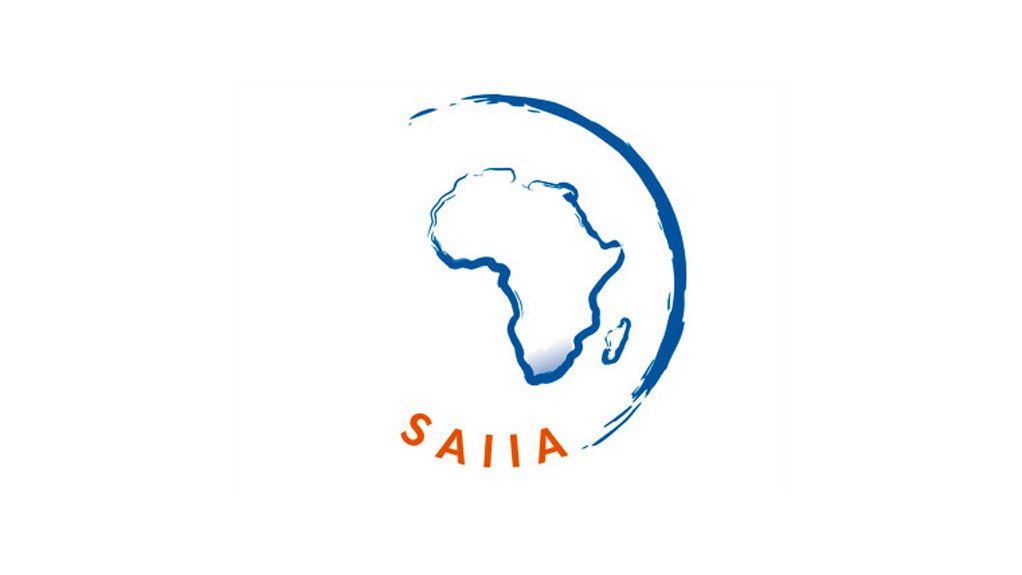The UN 2015 Sustainable Development Goals (SDGs) seek to provide a holistic and integrated approach to ending global poverty and hunger by the end of 2030. In order to realistically achieve these goals the global community needs to interrogate and address some deeply structural issues such as common but differentiated responsibilities; non-inclusive growth and poverty; poor governance; unsustainable patterns of consumption and production; unmaintainable population growth; and the management of the natural resource base for future social development. This also requires the acceptance that global goals, of whatever type, are only likely to gain support if they address existing political-economic objectives at the country level. The SDGs and their specific targets provide vehicles with which to align national contributions to sustainable development priorities and to catalyse the transition from business-as-usual pathways to climate-resilient, resource-efficient, low-carbon and inclusive development.
Incorporation of SDGs into political realities
The Southern African region recognises that the overarching multilateral process is imperative to set inspirational targets and develop a cumulative assessment of the overall level of ambition required to meet these global development goals. The region further acknowledges that countries themselves should determine how to achieve their development pathways and that local governance actors are key to their implementation. This includes targeting the most pressing challenges and identifying what can realistically be achieved with the resources available within the country’s capabilities. It further means ensuring that efforts to achieve the SDGs are framed within the broader pursuit of country-specific economic and development agendas and further complement southern Africa’s wider development objectives. Such an approach is likely to minimise the gap between political ambition and political reality in the SDG policy framework.
Environmental 'no regrets' and 'co-benefit' models
In order to achieve this, focus needs to be placed on practical and cost-effective ‘no-regrets’ or ‘co-benefit’ models - measures that benefit environmental sustainability, but also (and more importantly) advance non-climatic stresses and development needs.
These measures can cover numerous sectors, for example, composting of organic waste and better waste demand management; improving energy efficiency and public transportation networks; distributing renewable energy systems, insulating housing and commercial properties; and reforestation and restoration initiatives. South Africa’s public works programmes, such as ‘Working for Water’, ‘Working for Wetlands’ and ‘Working for Land’, which promote unskilled job creation through clearing invasive alien vegetation, wetland rehabilitation, waste management and fire prevention address some of these needs.
For African countries many opportunities lie within the agricultural sector. Smart agriculture, such as improved pasture management, non-tillage agriculture, increased nutrient and water use efficiency and the increased use of trees and perennials on farms (agroforestry), can increase yields during drought periods while simultaneously responding to emission reduction demands. The same is true for enhanced action around the protection of other natural ecosystems that deliver carbon sequestration and multiple non-market (including adaptation) benefits.
A private sector project investing in mangrove restoration, Gazi province, Kenya. Photo © Romy Chevallier/ SAIIA
A private sector project investing in mangrove restoration, Gazi province, Kenya. Photo © Romy Chevallier/ SAIIA.
There are many opportunities to achieve multiple ‘wins’ in the uptake of clean energy. In recent years there has been an upsurge in investments for renewable power generation in Africa, such as hydro-power developments in Ethiopia, geothermal power in Kenya, and solar power in Ghana. By ramping up investments in renewables, African countries can leapfrog decades of fossil fuel-based development and see multiple socioeconomic and environmental benefits. In South Africa, in an attempt to move away from dependency on coal, the Renewable Energy Independent Power Producer Procurement Programme has successfully channelled substantial private sector expertise and investment into grid-connected renewable energy, at highly competitive prices.
Suitable and incorporating policies needed
Such opportunities need to be further researched, up-scaled and prioritised by policy makers in Southern Africa. There is also an important role for the external development community – especially in terms of providing financial, technical and training support to complement these initiatives.
If development programmes and SDG goals do not detract from the development agenda of countries, but in fact add to them, there is likely to be more buy-in from national authorities and SDGs are likely to gain legitimacy in the eyes of poor people. The ultimate aim, therefore, is for policymakers in southern Africa working in the areas of sustainable development, finance for development and climate change, to leverage co-benefit strategies that aim to complement one another through the support of each other’s objectives. Climate change adaptation also overlaps naturally with development because climate-sensitive vulnerability and poverty reduction strategies are crucial to promote resilience. In this regard, most countries in the sub-region aim to mainstream sustainable development in their existing policies and plans. The pursuit of these goals includes strategies to create high levels of economic and livelihood diversity; promote skills, learning and innovation; reduce dependence on ecosystem services; and reduce inequality. These processes and intentions therefore provide important platforms for deepening international co-operation and assessing opportunities for common global development and climate agendas.
Report by SAIIA
EMAIL THIS ARTICLE SAVE THIS ARTICLE
To subscribe email subscriptions@creamermedia.co.za or click here
To advertise email advertising@creamermedia.co.za or click here











